Research

At MCHasel, we place paramount importance on delivering cutting-edge and evidence-based solutions to our clients. To ensure we provide the most effective strategies in leadership and human resources, we collaborate with leading research institutions and consistently conduct our own studies. Our commitment to continuous research allows us to fine-tune our offerings and ensure that our clients receive the most relevant and impactful solutions for their leadership and human resource needs.
If you would like further details on our ongoing research initiatives, please do not hesitate to reach out. Below is a brief overview of some of our recent research activities in leadership and human resource management that enable us to offer you unparalleled insights and solutions.
Professional Football Management
 Football is the most popular sport globally, with millions of fans supporting their local teams, often traveling thousands of miles to cheer on their favorite clubs.
Football is the most popular sport globally, with millions of fans supporting their local teams, often traveling thousands of miles to cheer on their favorite clubs.
Der professionelle Fußballklub (The Professional Football Club), currently available only in German, delves into the management secrets of the most successful Bundesliga clubs over the last two decades. This comprehensive study offers valuable insights into how top-tier clubs have built and sustained their success both on and off the pitch.
The book serves as an invaluable resource for club managers, enabling them to evaluate and refine their existing management strategies and structures. It also provides critical insights for investors, helping them assess whether a club can deliver a return on investment and what actions need to be taken to secure long-term financial stability and competitive success.
Published in February 2019, the book serves as a framework for successful football club management.
Research on Leadership and Human Resources
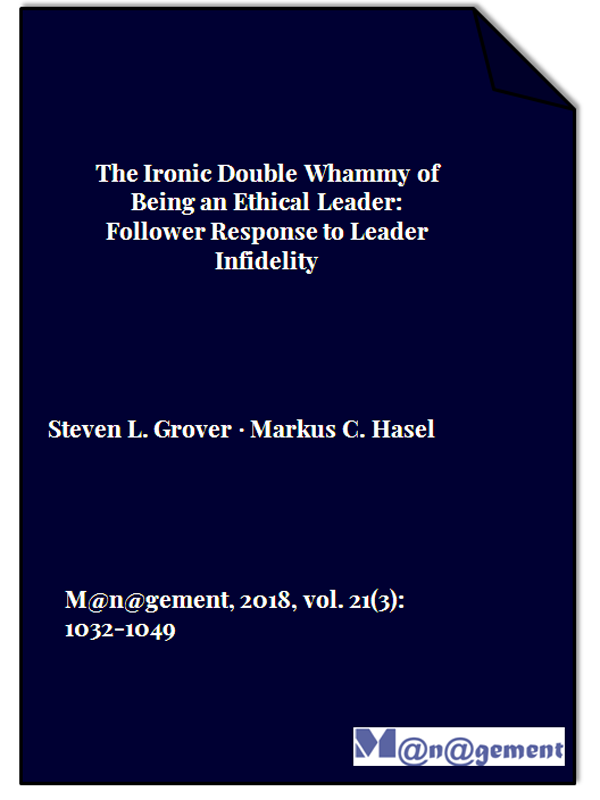
Leaders frequently face tough decisions and are often required to act swiftly under high pressure. Throughout the process of managing teams and organizations, obstacles can arise, challenging their ability to lead effectively.
Our research has explored how leaders can regain lost confidence and rebuild trust following ethical dilemmas, personal setbacks, or managerial failures. Understanding the nuances of trust recovery is crucial for leaders aiming to maintain a positive relationship with their teams and sustain organizational performance.
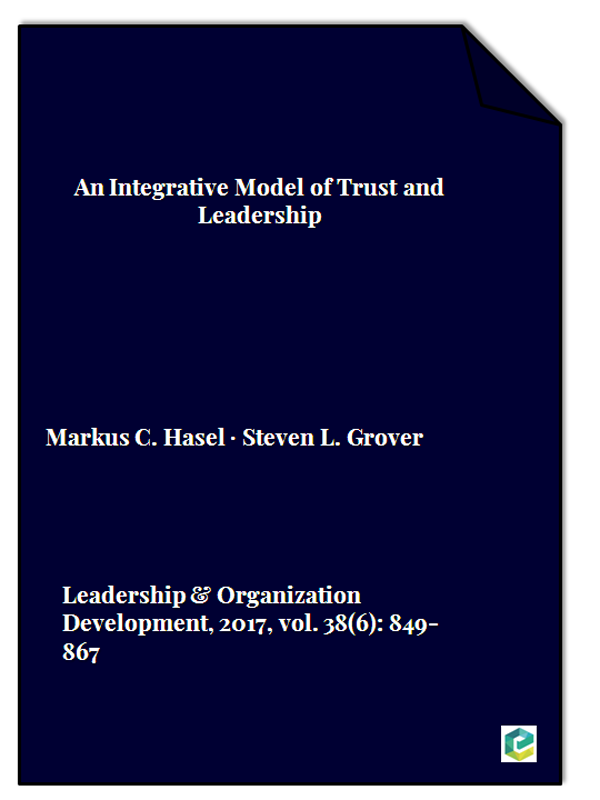
To create lasting impact, leaders must earn the trust of their followers. Without trust, even the most well-intentioned leadership efforts can falter.
In our research, we have identified key behaviors that leaders must exhibit to establish and maintain trust. By fostering trust, leaders can enhance employee motivation, productivity, and overall performance. These behaviors are crucial for driving long-term success within teams and organizations.
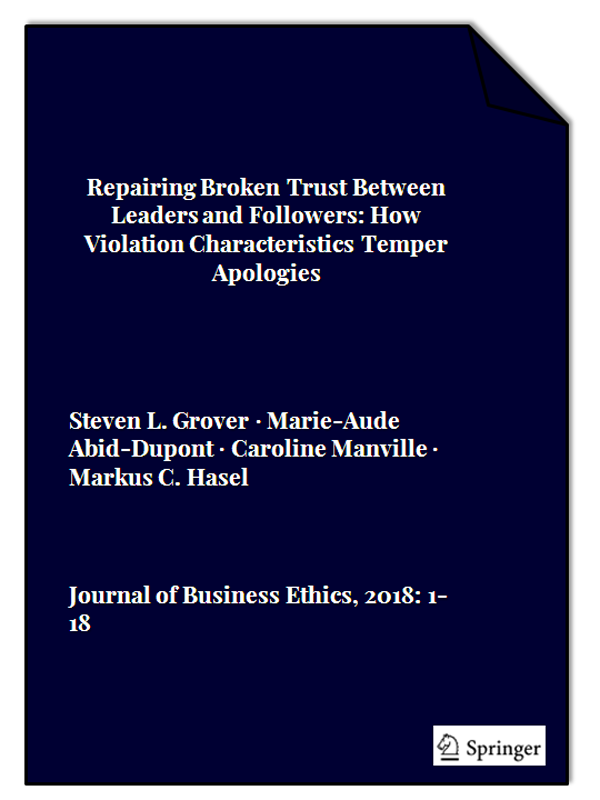
In high-pressure environments, leaders may occasionally fall short in areas like recognizing team achievements or managing performance expectations, which can erode interpersonal relationships and organizational morale.
This article provides actionable guidance for leaders on how to repair broken trust with their teams. It also highlights common pitfalls to avoid, as certain missteps can cause irreparable damage to leader-follower relationships.
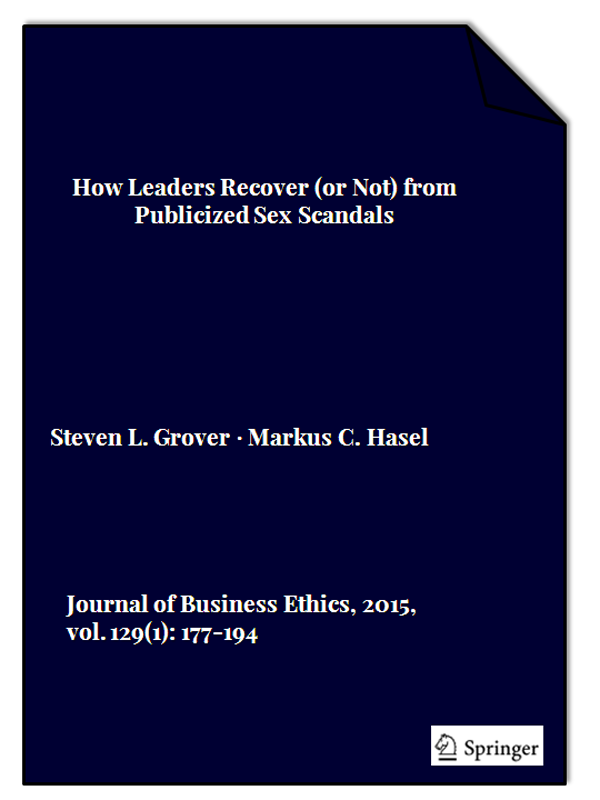
Leaders are not immune to scandals, whether financial, sexual, or otherwise. Such events can generate significant public backlash and pose serious risks to their careers.
Our research explores various scenarios in which leaders have faced major controversies and provides practical advice on how they can recover from these crises with minimal damage to their reputations and career trajectories. The key is to address the issue transparently while maintaining leadership integrity.
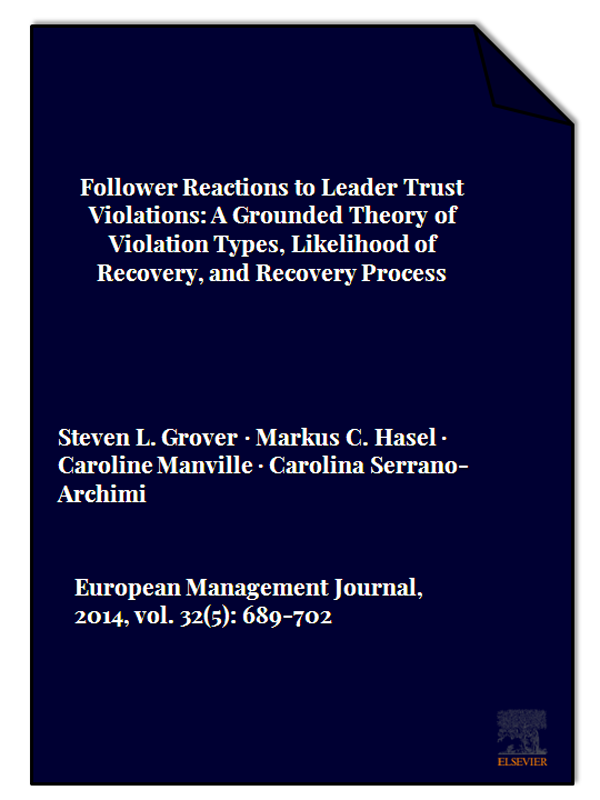
Just as it is critical for leaders to understand how to regain trust, it is equally important for them to comprehend how their followers react to breaches of trust.
This article delves into the psychology of employee responses to leadership missteps and provides strategies for mitigating the negative impacts that these events can have on morale, engagement, and performance.
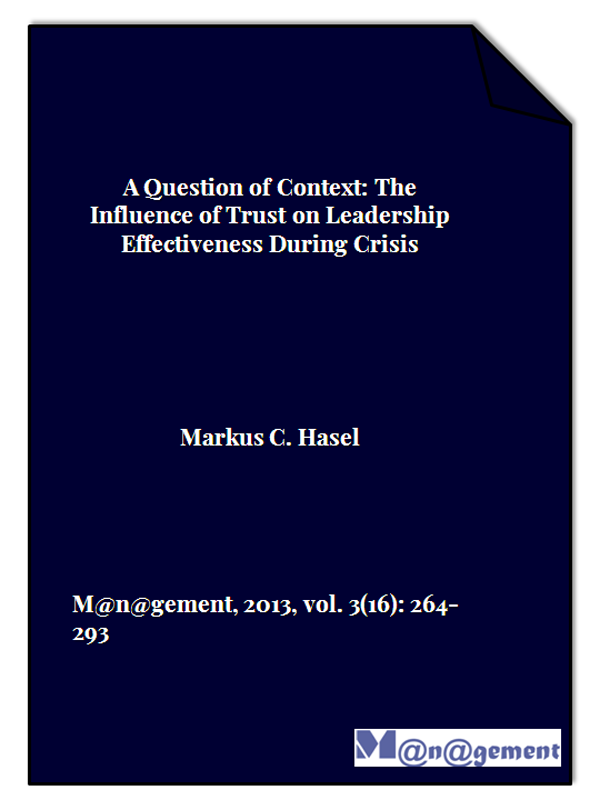
The 2008 financial crisis serves as a stark reminder of the importance of leadership during times of uncertainty. During such crises, the ability of leaders to inspire, motivate, and maintain employee trust is put to the ultimate test.
Our research examines the leadership behaviors that prove most effective in navigating crises. It offers insight into which strategies leaders should prioritize to keep their teams motivated, engaged, and focused on achieving organizational goals even when external conditions are bleak.
Blog Articles on Leadership, HR, and Football
Just as in business, football clubs benefit greatly from systematically measuring performance across various dimensions.
This article discusses several key areas within a football club that can be quantified to enhance performance in financial management, interpersonal relationships, athletic achievement, and overall organizational efficiency. The Club Performance Scorecard was specifically designed to help club managers track and measure these metrics, providing a clear path to continuous improvement and competitive advantage.

